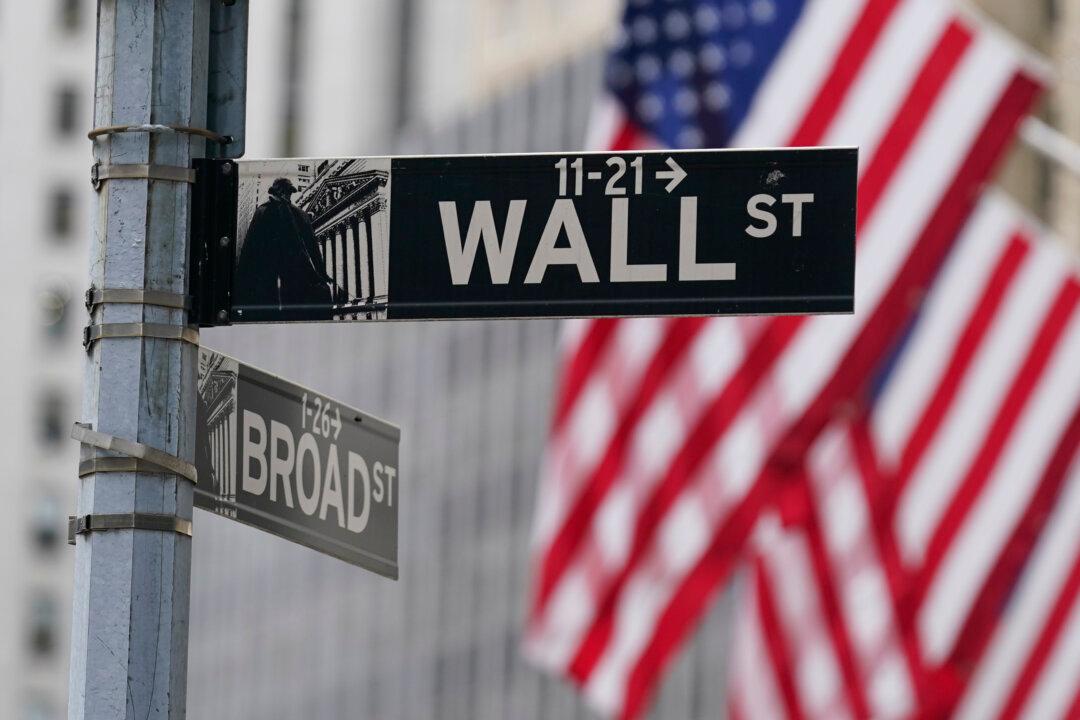Commentary
How do you solve a problem like environmental, social, and governance (ESG) investing, the progressive investing movement that has now become entrenched across Wall Street?

How do you solve a problem like environmental, social, and governance (ESG) investing, the progressive investing movement that has now become entrenched across Wall Street?